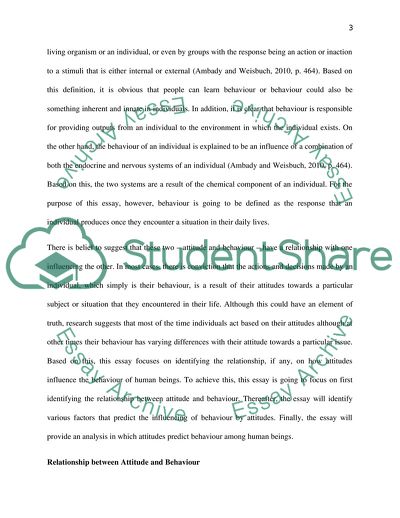Cite this document
(The Influence of Attitude on Behaviour Essay Example | Topics and Well Written Essays - 2000 words, n.d.)
The Influence of Attitude on Behaviour Essay Example | Topics and Well Written Essays - 2000 words. https://studentshare.org/psychology/1825483-discursive-writing
The Influence of Attitude on Behaviour Essay Example | Topics and Well Written Essays - 2000 words. https://studentshare.org/psychology/1825483-discursive-writing
(The Influence of Attitude on Behaviour Essay Example | Topics and Well Written Essays - 2000 Words)
The Influence of Attitude on Behaviour Essay Example | Topics and Well Written Essays - 2000 Words. https://studentshare.org/psychology/1825483-discursive-writing.
The Influence of Attitude on Behaviour Essay Example | Topics and Well Written Essays - 2000 Words. https://studentshare.org/psychology/1825483-discursive-writing.
“The Influence of Attitude on Behaviour Essay Example | Topics and Well Written Essays - 2000 Words”. https://studentshare.org/psychology/1825483-discursive-writing.


